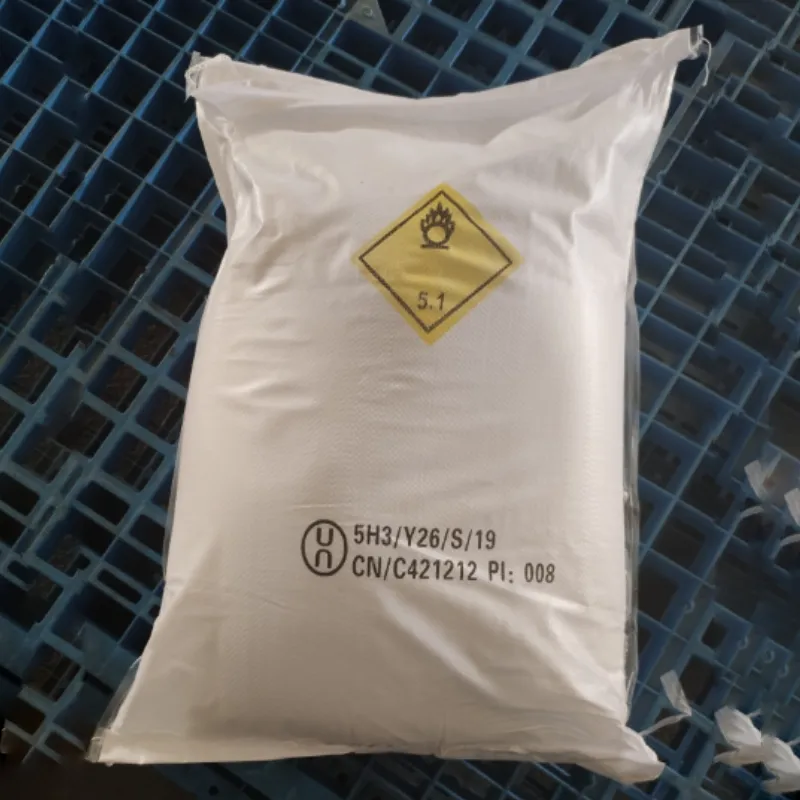
Slow Release Nitrogen Fertilizer | Sustainable Agriculture Solutions
The Benefits of Slow Release Nitrogen Fertilizers
In the world of agriculture, the efficient management of soil nutrients is paramount to maximize crop yields and maintain soil health. Among the various fertilizers available, slow release nitrogen fertilizers have emerged as a preferred choice for many farmers and gardeners. This article will explore the benefits of slow-release nitrogen fertilizers, their mechanisms, and their impact on sustainable farming practices.
What Are Slow Release Nitrogen Fertilizers?
Slow release nitrogen fertilizers are engineered to release nitrogen gradually over an extended period, rather than in a single burst. This controlled release is typically achieved through the use of coated granules or by incorporating specific formulations that enhance nutrient longevity in the soil. The technology behind these fertilizers allows for a steady supply of nitrogen to plants, aligning more closely with their growth needs.
Advantages of Slow Release Nitrogen Fertilizers
1. Enhanced Nutrient Efficiency One of the primary advantages of slow release nitrogen fertilizers is their ability to improve nutrient efficiency. Traditional quick-release fertilizers can lead to nitrogen leaching, a process where excess nitrogen washes away from the soil into waterways, causing environmental issues such as algae blooms. Slow release fertilizers mitigate this risk by releasing nutrients at a pace that matches plant uptake.
slow release nitrogen fertilizer

2. Reduced Frequency of Application With slow release nitrogen fertilizers, farmers and gardeners can reduce the number of fertilizer applications needed throughout the growing season. This not only saves time but also lowers labor costs and reduces the overall environmental footprint associated with fertilizer use.
3. Improved Soil Health The gradual release of nitrogen encourages a healthier soil microbiome by providing a consistent supply of nutrients. This stability fosters the growth of beneficial microorganisms that play a crucial role in soil fertility, decomposition, and nutrient cycling.
4. Enhanced Crop Growth Slow release fertilizers contribute to more consistent and robust crop growth. By ensuring a steady supply of nitrogen, these fertilizers help plants avoid the stress associated with nutrient fluctuations, leading to better overall health and increased resilience against pests and diseases.
5. Environmental Sustainability The use of slow release nitrogen fertilizers contributes to more sustainable agricultural practices. By minimizing nitrogen runoff and enhancing soil health, they support both crop production and environmental conservation efforts, aligning with global goals for sustainable development.
Conclusion
In conclusion, slow release nitrogen fertilizers represent a significant advancement in agricultural practices, offering numerous benefits that promote both crop productivity and environmental sustainability. As the agricultural sector faces the dual challenges of feeding a growing population and protecting natural resources, the adoption of these fertilizers can play a crucial role in achieving balanced and sustainable farming systems. By investing in slow release nitrogen fertilizers, farmers not only enhance their yields but also contribute to the long-term health of our planet’s ecosystems. As such, they should be considered an invaluable tool in modern agriculture.
-
The Safety Challenges of Ammonium Nitrate FertilizerNewsJun.26,2025
-
The Critical Role of Mining ChemicalsNewsJun.26,2025
-
Shelf Life of Glacial Acetic Acid Food GradeNewsJun.26,2025
-
Enhancing PVC Longevity with 1,2,3-Benzotriazole InnovationsNewsJun.26,2025
-
China’s Dominance in Food Additive ProductionNewsJun.26,2025
-
Can Aluminum Hydroxide Replace More Toxic Alternatives?NewsJun.26,2025
-
PE and PP Plastics with Benzotriazole AdditivesNewsJun.12,2025
Hebei Tenger Chemical Technology Co., Ltd. focuses on the chemical industry and is committed to the export service of chemical raw materials.
-

view more DiethanolisopropanolamineIn the ever-growing field of chemical solutions, diethanolisopropanolamine (DEIPA) stands out as a versatile and important compound. Due to its unique chemical structure and properties, DEIPA is of interest to various industries including construction, personal care, and agriculture. -

view more TriisopropanolamineTriisopropanolamine (TIPA) alkanol amine substance, is a kind of alcohol amine compound with amino and alcohol hydroxyl, and because of its molecules contains both amino and hydroxyl. -

view more Tetramethyl Thiuram DisulfideTetramethyl thiuram disulfide, also known as TMTD, is a white to light-yellow powder with a distinct sulfur-like odor. It is soluble in organic solvents such as benzene, acetone, and ethyl acetate, making it highly versatile for use in different formulations. TMTD is known for its excellent vulcanization acceleration properties, which makes it a key ingredient in the production of rubber products. Additionally, it acts as an effective fungicide and bactericide, making it valuable in agricultural applications. Its high purity and stability ensure consistent performance, making it a preferred choice for manufacturers across various industries.











